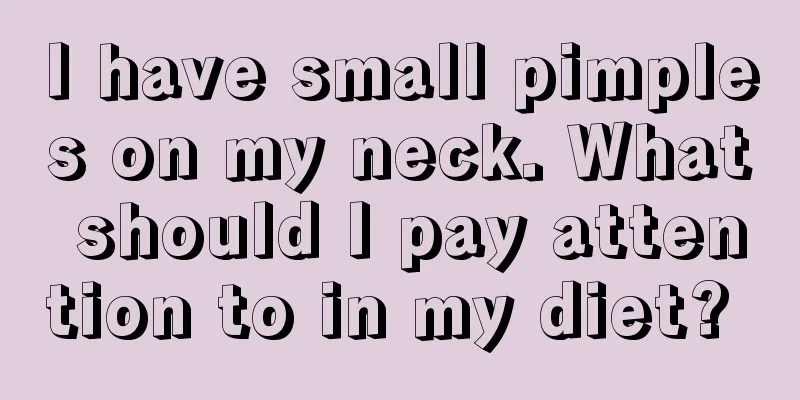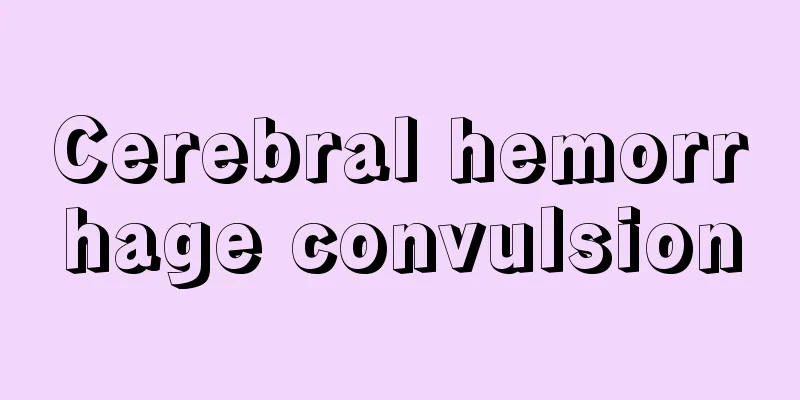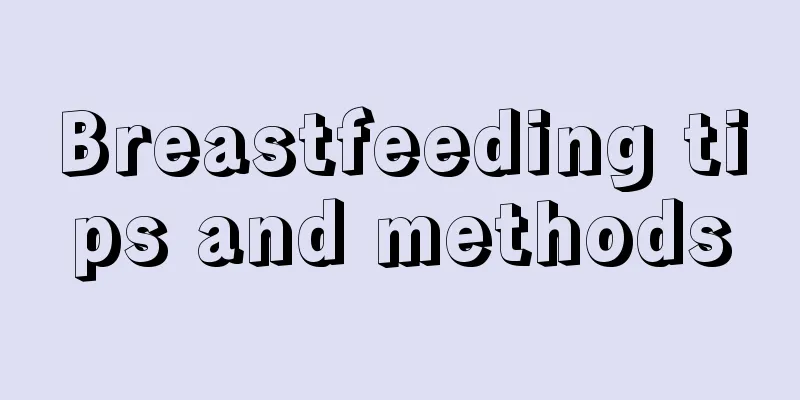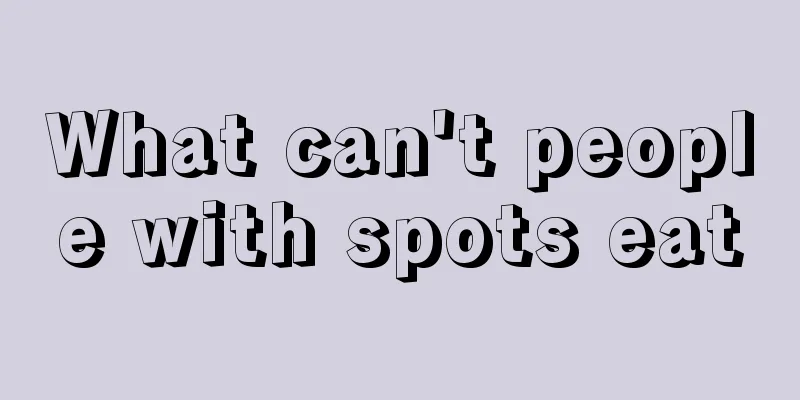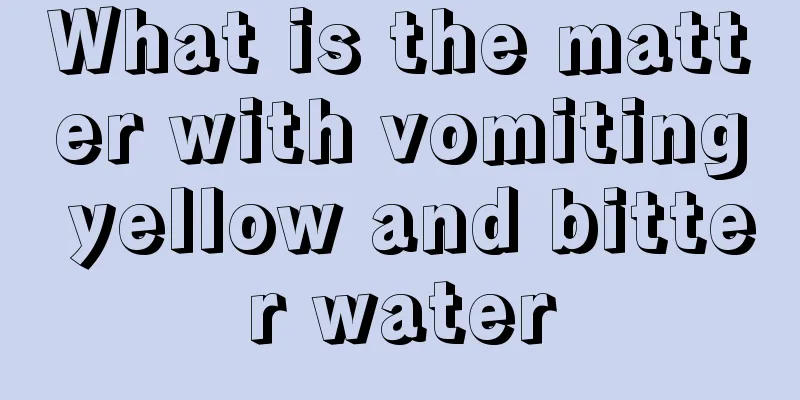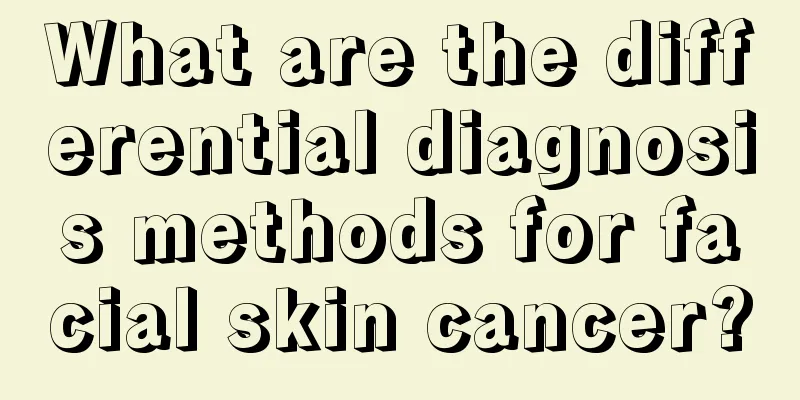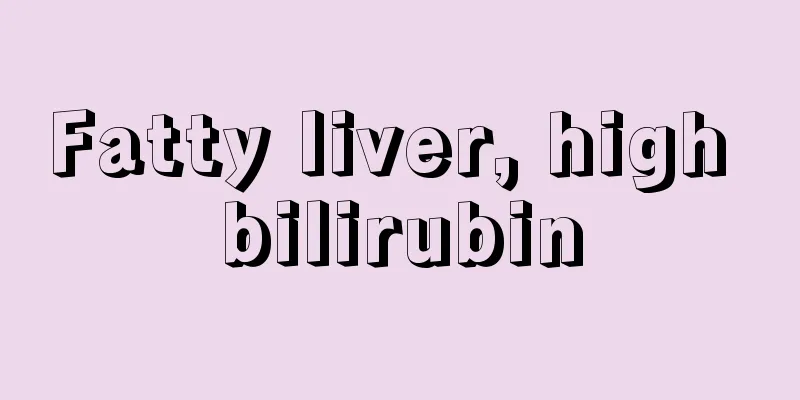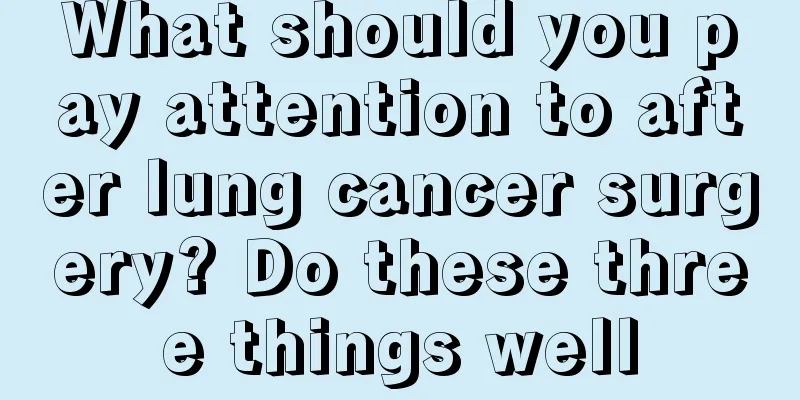Can I drink alcohol after taking toothache medicine
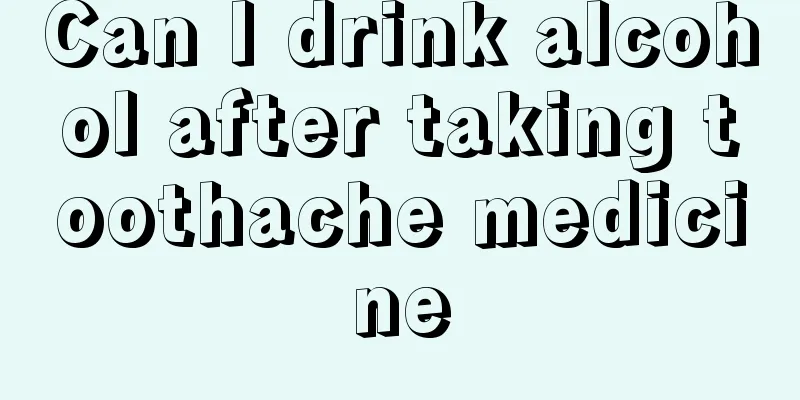
|
Toothache is a common symptom and the main symptom of many dental or oral diseases. When people have unbearable toothache, they will choose painkillers to relieve the symptoms. As we all know, after taking medicine, there are many things to pay attention to in order to better exert the efficacy of the medicine. And after taking toothache medicine, you cannot drink alcohol. In addition, you should not drink alcohol after taking the following medicines. 1. Antibiotics Antibacterial drugs generally contain cephalosporins, such as cefoperazone, latamoxef, cefmetazole, cefmandole, cefmenoxime, cefotiam, as well as metronidazole, tinidazole, furazolidone, etc. Drinking alcohol while taking these medicines can cause a disulfiram-like reaction, resulting in weakness in the limbs, drowsiness, and even low blood pressure, respiratory depression, and shock. 2. Drugs containing morphine Many cold and cough medicines contain morphine, but alcohol and morphine have a synergistic effect when used together. May cause poisoning or even death. Therefore, it is best not to drink alcohol while taking cold or cough medicine. 3. Sedatives and sleeping pills Sedative-hypnotic drugs such as diazepam, nitrazepam, clonazepam, triazolam, barbiturates and chloral hydrate, when used in combination with ethanol, can cause drowsiness, mental confusion, coma, respiratory failure, and even death. 4. Antipyretic and analgesic drugs Aspirin, ibuprofen, diclofenac, etc., if you drink a lot of alcohol while taking these drugs, the gastrointestinal mucosa may be stimulated by both the drug and ethanol, and may even cause gastrointestinal ulcers or bleeding. 5. Antidiabetic drugs You should not drink alcohol while taking hypoglycemic drugs such as Youjiangtang, Jiangtangling, and Tolbutamide, because alcohol has the effect of enhancing the efficacy of the drugs. The combination of the two may cause hypoglycemic shock, endanger life, and induce lactic acidosis. 6. Anti-epileptic drugs Long-term drinking can reduce the concentration and efficacy of phenytoin sodium, but drinking large amounts of alcohol while taking the medication can increase blood drug concentrations. Drinking alcohol while taking sodium valproate can enhance the central nervous system's depressant effects, which can lead to death in severe cases. 7. Anti-anginal drugs Drinking alcohol while taking drugs such as isosorbide dinitrate, nitroglycerin and nifedipine can cause excessive dilation of blood vessels, leading to severe headaches, a sudden drop in blood pressure and even shock. 8. Blood pressure medication Taking nifedipine, hydralazine, dibazole, etc. together with alcohol can easily cause hypotension. Because alcohol can dilate blood vessels and inhibit sympathetic nerves and myocardial contractility, it can enhance the effects of antihypertensive drugs, cause headaches, and even shock. |
<<: What are the soups that regulate the spleen and stomach
>>: Why does my tooth hurt when I sleep?
Recommend
What are the symptoms of cholestatic liver disease
Cholestatic liver disease usually presents with s...
Fresh Bamboo Sap Oral Liquid
Fresh bamboo sap oral liquid is a good choice for...
What foods are first-level carcinogens and why do they cause cancer
Not long ago, a claim was made that pickled meats...
How to detoxify your underarm lymph nodes?
With the improvement of people's health aware...
Can a knocked-out tooth grow back?
Accidents can easily happen in our lives, which c...
How to treat folliculitis on the back
As we all know, the main cause of folliculitis is...
What bad habits can cause liver cancer? Eight ways to prevent liver cancer
Some friends may think that as long as they don’t...
How to correct the outward turning of the lower lip
Beautiful lips can always add points to a person&...
What should you pay attention to in your diet for liver cancer? What should you pay attention to in your diet for liver cancer?
Liver cancer has caused many people to lose their...
What should I do if my finger wound becomes festered?
Our skin is very fragile, and in many cases, a th...
How to prevent lumbar disc herniation
If you maintain a bad sitting posture for a long ...
Does soaking dried bitter herbs in water have the effect of reducing internal heat?
I believe many people have eaten bitter herbs in ...
Can people with nasopharyngeal cancer eat snakehead fish?
The dietary care of nasopharyngeal cancer patient...
Rope skipping skills and precautions
Rope skipping is an aerobic sport. It can not onl...
What are the main hazards of glioma?
Relevant oncology experts said that glioma is als...

